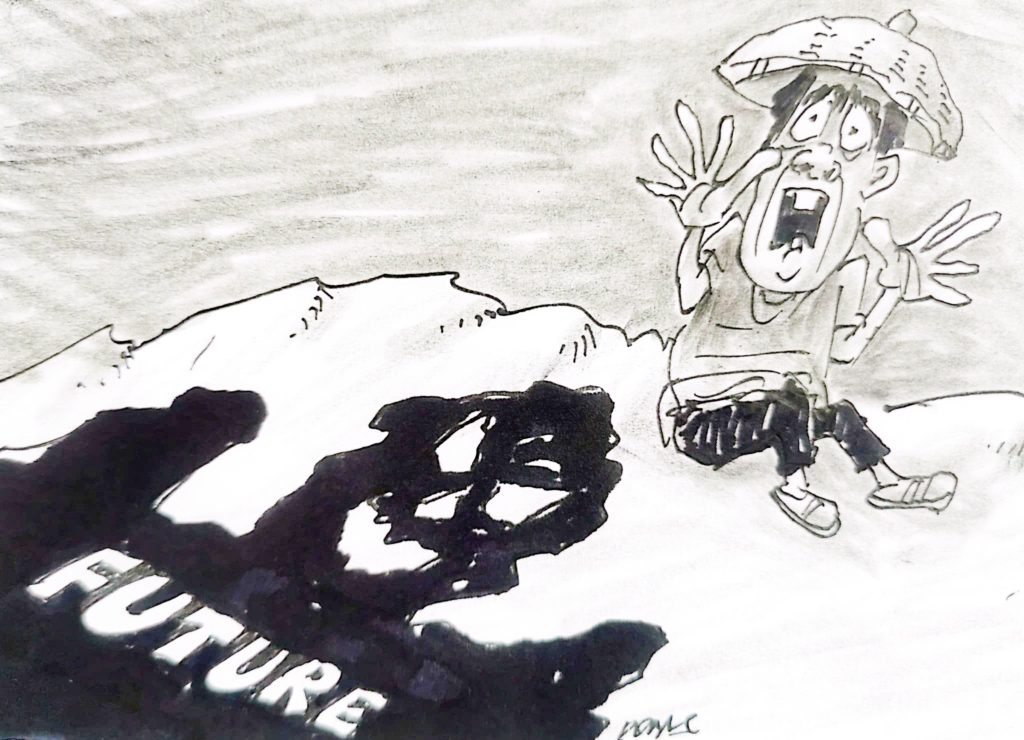Filipinos nowadays are grappling with a pervasive sense of despair as they witness a nation seemingly stuck in a cycle of political decay and economic hardship. With leaders fixated on securing their dynastic power rather than addressing the people’s needs, the dream of a better tomorrow feels increasingly distant. This growing disillusionment demands a candid reckoning with the flaws of a system that favors the few while abandoning the many.
At the heart of this crisis is the entrenchment of political dynasties that treat public office as family heirlooms. Positions of power are handed down as though the nation were a private estate, leaving no room for genuine representation or fresh leadership. These dynasties amass wealth and influence while programs meant to uplift the poor are reduced to hollow promises. The gap between the leaders’ priorities and the people’s struggles has widened so severely that the government is perceived less as a source of solutions and more as an obstacle to progress.
Meanwhile, economic woes exacerbate the discontent. Prices of basic goods have soared beyond what ordinary Filipinos can afford, while wages remain stagnant or insufficient. For millions, feeding a family is an endless balancing act of sacrifice. Despite the abundance of natural and human resources, mismanagement and corruption have stifled development. Instead of investing in industries that create jobs or addressing the agricultural sector’s decline, leaders prioritize short-term gains like AYUDA and foreign-dependent policies, siphoning the funds of government income-generating agencies, leaving Filipinos to bear the brunt of economic instability.
Worsening this bleak reality is the apparent lack of accountability among those in power. Investigations into corruption scandals and their absence rarely result in convictions, and whistleblowers are silenced by fear or force. This culture of impunity fosters cynicism among the electorate, making them question whether their votes or voices have any impact at all. With each scandal that goes unpunished, hope for a government truly serving its people slips further out of reach.
Filipinos must demand, not only systemic reform but also a shift in the national mindset. Civic education and grassroots movements must take root, empowering communities to challenge the status quo and hold leaders accountable. Electoral processes should be fortified to prevent dynastic control, and resources must be directed toward sustainable economic initiatives. Above all, the people’s collective voice must rise above resignation, proving that a nation’s destiny is not dictated by its leaders but by its citizens’ determination to build a future worth believing in.




